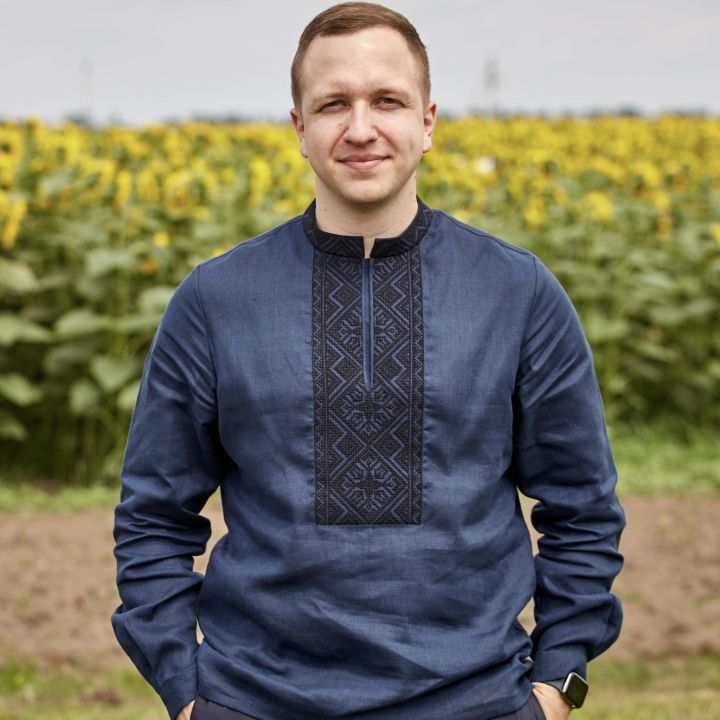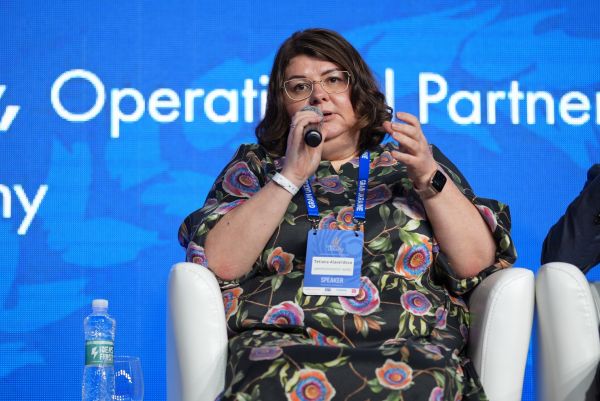We Are Suing, Reducing Soybean Acreage, and Considering Tolling — Anton Zhemerdieiev on TAS Agro’s Strategy After September 4
Two weeks after September 4, and it seemed the market had digested the duties on soybeans and rapeseed. But no: farmers are building anti-crisis trade policies, going to court, and writing letters. In an interview with Latifundist.com, TAS Agro’s Commercial Director Anton Zhemerdieiev said that UAH 18 million in duties hit planned investments, forced the company to reduce soybean acreage, and made them consider returning to tolling in oilseed processing.
Latifundist.com: Anton, how did you change your trade policy on soybeans and rapeseed after September 4?
Anton Zhemerdieiev: We only fulfilled forward contracts that had been signed earlier. We did not enter into new deals because we were confident there would be no duties for producers. Our logic was correct, but we miscalculated how these amendments would be implemented in practice. Today, the company has already paid UAH 18.4 million in duties. And that’s money taken from working capital and investment plans.
Latifundist.com: Will you seek compensation for the duties paid?
Anton Zhemerdieiev: Yes, we are already filing lawsuits and will demand reimbursement at all levels, including through court proceedings. I am confident that other companies are doing the same.
So let’s be clear again. Why are we even paying duties? Only because there is currently no procedure to prove that we are the producer. Although we have no problem showing documents. We have the full package: invoices, registers, and warehouse receipts. In other words, everything needed to confirm the origin of the product. But there is no legal procedure that allows us to officially confirm it.

Latifundist.com: Are these 10% duties truly dramatic for you? Because in the market, you sometimes hear: farmers made good money over the past two years.
Anton Zhemerdieiev: We plan our budget not only in terms of net profit, but also in terms of investments — in machinery, infrastructure, people. Such government actions change not only our sales, but also our investment policy. We have tens of millions of dollars in planned upgrades, and there are loan obligations.
Pulling UAH 18 million from working capital, when every million is planned, is very significant. It’s not like we have hundreds of millions sitting in accounts or deposits. We constantly invest; we have an investment plan. That’s why it worsens the economics. For us, it’s one sum, for other players it’s another, but overall the market has lost — economically and reputationally.
The market has lost — economically and reputationally.
And the problem is not only duties. Ships stood idle in ports, and demurrage charges were issued — both to Ukrainian companies and to international traders. Large vessels are about $50,000 per day. Some ships waited for seven days or more. And all this money did not go to Ukraine’s budget.
Latifundist.com: I saw a letter from several holdings — including TAS Agro, Agroprosperis, AST — stressing that there had been no discussion, no transition period, and that the law was signed when most farmers had already completed sowing. Did you adjust your acreage under these crops?
Anton Zhemerdieiev: By the time the law was signed, we couldn’t change anything with winter rapeseed. Everything was already contracted: machinery, seeds, plans. So rapeseed remained unchanged. But for soybeans, we already reduced acreage for next year. And this decision was driven both by the crop’s economics and by the amendments.

Latifundist.com: Some say: farmers, stop complaining, go into tolling, give rapeseed or soybeans for processing. Do you consider this option? You already had experience with this model.
Anton Zhemerdieiev: Yes, we are considering it. For two years after the full-scale invasion began, we worked under a tolling model. Back then, the economics worked. Later, we suspended the project because there was simply no added value. If necessary, we’ll do it again. But we must understand: expertise and quotas at plants aren’t created overnight. Plants plan their loading in advance, and booking capacity now is very difficult. So, tolling is not a magic wand, but a process that requires time and experience.
Latifundist.com: Overall, do you think this story is about collusion or negligence?
Anton Zhemerdieiev: Was it done deliberately? Hard to say. But the result benefits only processors.
And I have a question here. The President signed the law, and a month has passed. What issues were more important than this? Where were the meetings that should have taken place before the signing? Because frankly, it looks like the responsible colleagues in the government simply weren’t prepared. Even Taras Mykolaiovych Vysotskyi admitted: when the amendments were being drafted, no one objected to the provision allowing producers to confirm their status. But after adoption, questions arose. As a result, we have a law, but no mechanism to implement it.
Latifundist.com: Officials are still pointing to MPs, saying they need to adopt the mechanism.
Anton Zhemerdieiev: This is a question for the government. The Verkhovna Rada has a clear function — lawmaking. It fulfilled it, no issue here. But the bylaws that ensure enforcement of the law — that is the responsibility of the Cabinet of Ministers and executive authorities. So, excuse me, but tossing this “hot potato” between institutions may be an interesting tactic, but it’s certainly not a working one. There are clear rules defining the functions of each.
Kostiantyn Tkachenko, Latifundist.com


